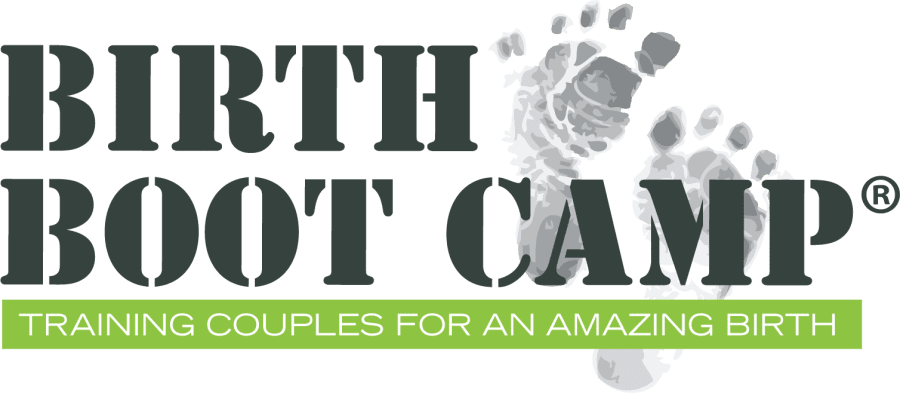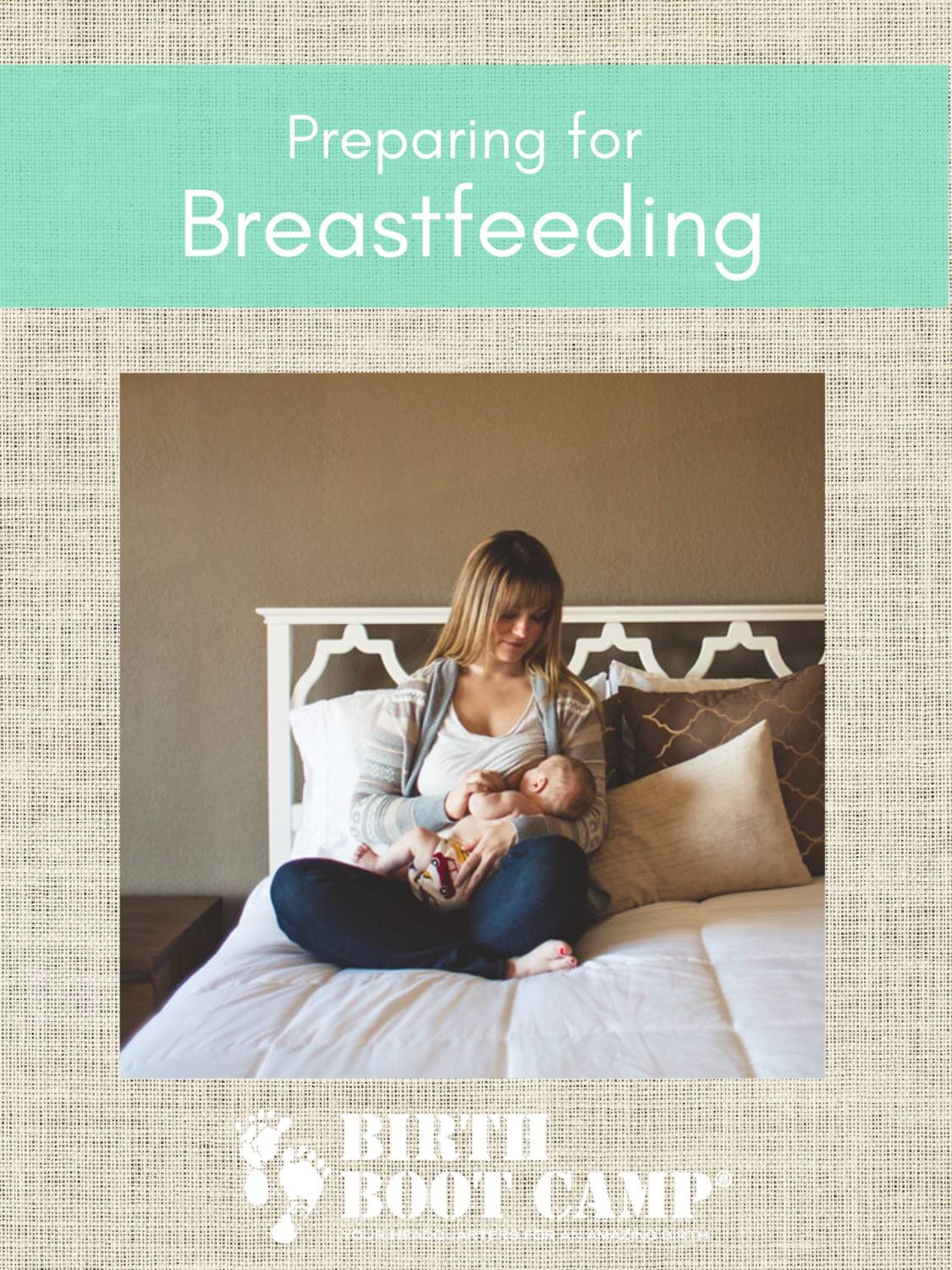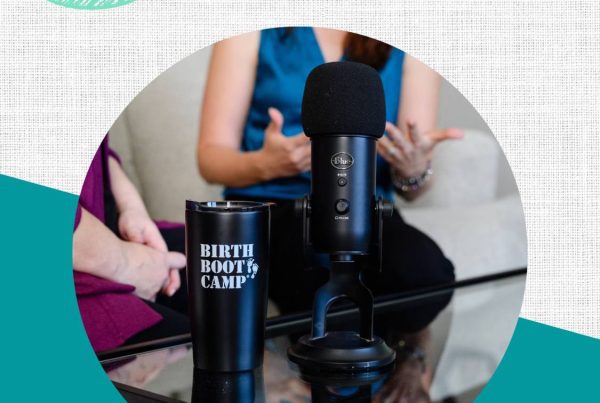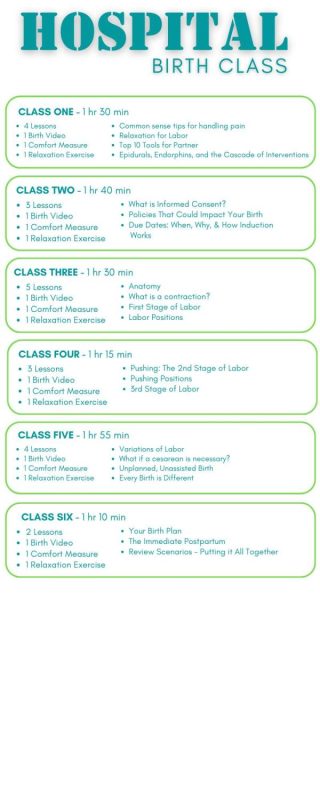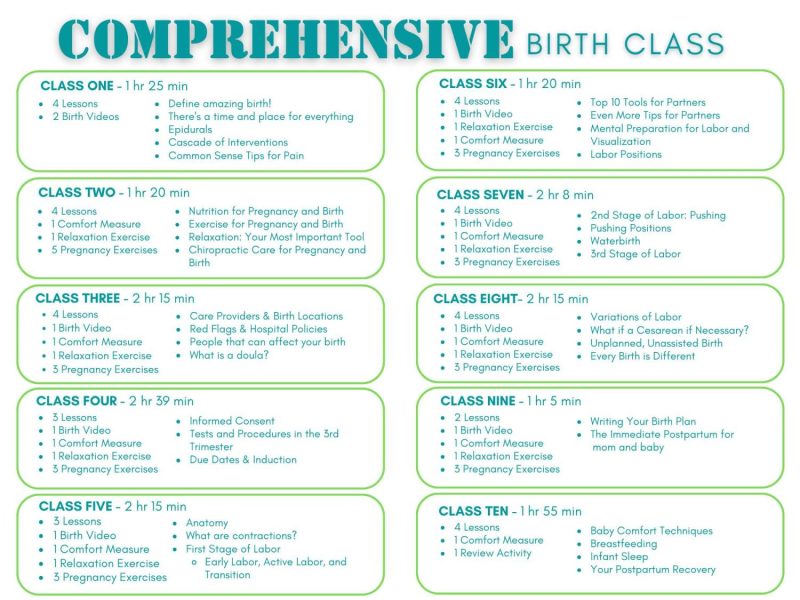
I often ask women who are expecting if they have been preparing for breastfeeding. Sometimes I get “I took a breastfeeding class at the hospital” or “I read a book,” but often I just get a blank stare. Prepare for breastfeeding? Why prepare for breastfeeding? It is natural, right? Yes, breastfeeding is instinctual for babies, but babies don’t breastfeed by themselves, and many things happen to get in the way of their instinctive behavior. In that light, I would like to share some of the most common pitfalls that derail even the best of breastfeeding intentions.
Common Pitfalls that Inhibit Preparing for Breastfeeding
We are living in a bottle-feeding culture. Women have been imprinted from infancy with the sight of babies being fed by bottle. Most of us grow up having rarely, if ever, seen anyone breastfeeding. When most women begin to position their babies to breastfeed, they instinctively move the baby into a bottle-feeding position. Why? Because that is how we have always seen babies fed.
In order to combat that, it is a great idea to visit with groups of breastfeeding mothers during pregnancy so that you can begin to see babies breastfeeding. Groups like your local La Leche League group, Breastfeeding USA group or independent breastfeeding groups, like For Babies’ Sake, are a wealth of real-life information. In my experience, women who attend breastfeeding groups on a regular (or even semi-regular) basis during pregnancy experience far fewer problems and are more likely to meet their breastfeeding goals. There are also websites that discuss breastfeeding issues, including positioning, like Biological Nurturing and Dr. Jack Newman’s videos.
Modern birth and postpartum practices interfere with baby’s and mom’s instinctive breastfeeding behaviors. The current practice of induction of labor, often for reasons that are not medically indicated, as well as scheduled c-sections prior to 39 weeks can lead to complications, such as more difficult labors and delivery by forceps or vacuum extraction, respiratory distress syndrome, poor suck reflexes, excessively sleepy babies, etc. These complications have a big impact on how well baby is able to breastfeed.

I believe that it is no coincidence that a large portion of the clients that I see for breastfeeding difficulties were either induced or had scheduled c-sections prior to 39 weeks gestation. As anxious as you are to meet your little one and as uncomfortable as you may be in the last weeks of pregnancy, resist the temptation of early delivery, unless there is a true medical need. Babies who aren’t quite ready to be born are much more difficult to breastfeed.
Aside from the birth, routine separation of infants from their mothers, whether it is for a mandatory observation period in the nursery or spending the night in the nursery so that mom can get more sleep, interferes with breastfeeding as well. Babies experience significantly more stress when separated from mom and often are so exhausted by the time they are reunited with mom that they just want to shut down and go to sleep in the safety of mom’s arms.
If you are planning to give birth in a hospital, find out what the hospital policies are regarding routine post-partum care. The ideal is 24-hour rooming-in with mom, no routine separation for non-medical reasons. Look for a hospital in your area that is part of the Baby Friendly Hospital Initiative or the Mother-Friendly Childbirth Initiative.
Misinformation and lack of support are often the final nail in the coffin. Many women express frustration at the conflicting information they are given regarding breastfeeding. This is a very valid frustration. Women are told “feed baby for 10 minutes on each breast every three hours” or “feed baby on demand.” They are told “only feed one breast per feeding” or “always offer baby both breasts.” They are given so many orders that they become more and more confused. So, how is a mother to know which advice is the best?
The first thing to do is realize that each mother and infant pair is unique. Some mothers’ milk flows very fast, some slower. Some babies get down to business and eat very efficiently, while others are little gourmands, taking their time and savoring every moment. They do not feed according to a clock, but according to their own pre-programmed biological cues.
RELATED: Breastfeeding: The Ultimate MRE
The second thing to realize is that anyone can give breastfeeding advice. In order to determine its validity, you need to consider the source. How much experience or training has this person had with breastfeeding? It might surprise you to know that most doctors and nurses get very little training on breastfeeding during medical/nursing school. Some care providers who work with mothers and their infants take the time to find out more about breastfeeding, but many do not. If it is a friend or family member giving advice, find out the source of their information. Is it a “they say” statement or first-hand experience from someone who successfully breastfed their own child?
The best source of information on breastfeeding will usually come from those specifically trained in breastfeeding support: the IBCLC (International Board-Certified Lactation Consultant.) IBCLC’s spend several years studying breastfeeding and training to support breastfeeding women before they can take a certifying exam. They must maintain that certification by continuing education in breastfeeding related studies.
There are a myriad of good books written by IBCLC’s, such as Breastfeeding Made Simple by Nancy Mohrbacher, IBCLC, FILCA and Kathleen Kendall-Tackett, Ph.D., IBCLC or The Womanly Art of Breastfeeding by Diane Wiessinger, Diana West & Teresa Pitman. My favorite on-line source for reliable, well-researched breastfeeding information is www.kellymom.com.
For the second piece of the puzzle, line up your support network before baby arrives. Make friends at a local breastfeeding support group or La Leche League; share breastfeeding information with your mother, husband, mother-in-law or anyone else who will be supporting you after baby’s arrival. The more information your support team has, the better they will be able to support you, especially if the going gets tough.

Have you chosen a pediatrician? How supportive is he or she of breastfeeding? What about your obstetrician or midwife? Here is an article by Dr. Jack Newman that might give you a clue: How to Know a Health Professional is Not Supportive of Breastfeeding. The last trimester of pregnancy is also a good time to make contact with a lactation consultant (IBCLC.) You can take the time to see if her teaching style suits you, find out what her qualifications are, find out if she makes home visits or if she is based out of an office or hospital. Having your support system in place before baby comes will ease your mind greatly if you do experience difficulties with breastfeeding.
In short, preparing for breastfeeding during pregnancy paves the way for a successful breastfeeding experience. Enjoy this special time in anticipation of the many joys that will come with the arrival of your new baby, including the special bond of breastfeeding.
 Mellanie Sheppard, IBCLC, RLC, BBCI
Mellanie Sheppard, IBCLC, RLC, BBCIFor Babies’ Sake
www.forbabiessake.com
